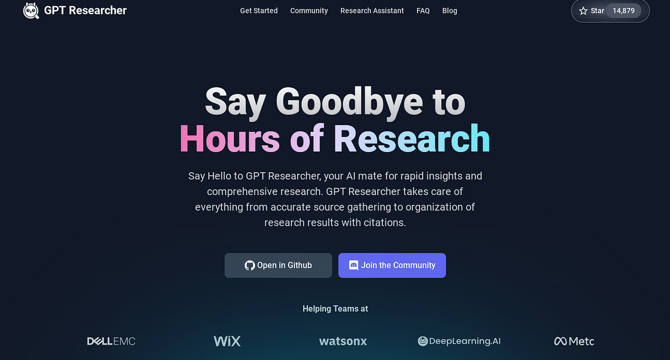Medium
19h
59

Image Credit: Medium
AI Research Agents: Set to Transform Knowledge Research in 2025 (Plus Top 3 Free Tools)
- AI research agents are transforming the research landscape, with the market projected to grow from $5.1 billion in 2024 to $47.1 billion by 2030
- Unlike traditional AI tools that require explicit instructions, research agents can adapt their behavior based on outcomes they achieve and handle massive amounts of knowledge, pulling information directly from trusted sources.
- Research agents are powered by RAG models with built-in anti-hallucination algorithms that ensure accuracy, dynamics, and insight generation faster than-ever-before.
- Using these AI research agents, researchers can cut their article research time by 70%, while still ensuring accuracy and maintaining integrity.
- Stanford University has developed an AI-powered system, STORM, that leverages large language models to automate research, organize information, and produce comprehensive articles.
- CustomGPT.ai Researcher is an AI research agent that creates ultra-high-quality, long-form articles based on custom knowledge bases and aligns with specific brand guidelines.
- GPT Researcher is an autonomous agent that generates detailed, factual, and unbiased reports complete with citations, offering a full suite of customization options to create tailored, domain-specific research agents.
- AI research agents will not replace human researchers but free them up to focus on creative thinking, complex problem-solving, and generating innovative hypotheses.
- To prepare for the AI revolution in research, researchers need to level up their skills and understand the strengths and limitations of AI research agents.
- AI research agents have the potential to democratize research, allowing small labs and institutions to compete with bigger players, resulting in more diverse perspectives and breakthrough discoveries.
Read Full Article
3 Likes
For uninterrupted reading, download the app